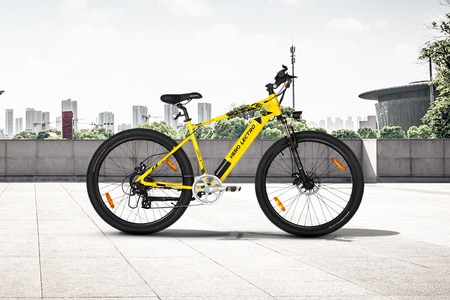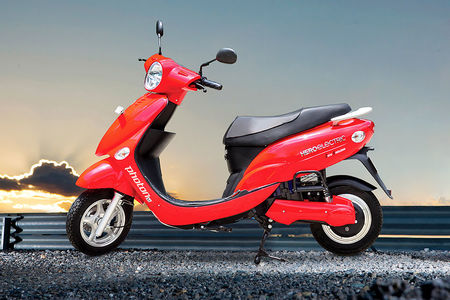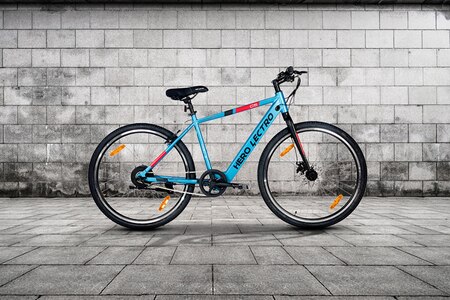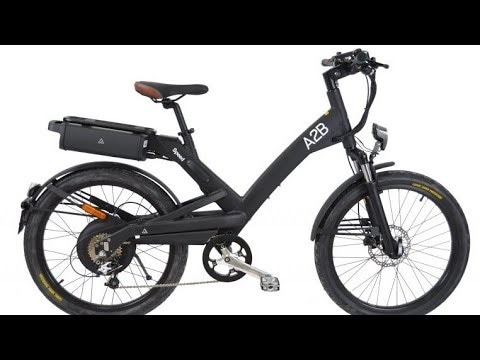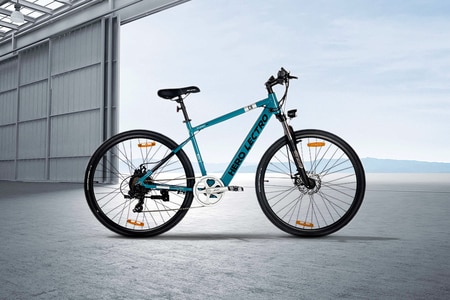Coronavirus impact: Indian auto sector braces for a hit on parts imports
- Shifting to alternative suppliers doesn’t look feasible at the moment as it would be too costly and time-consuming.
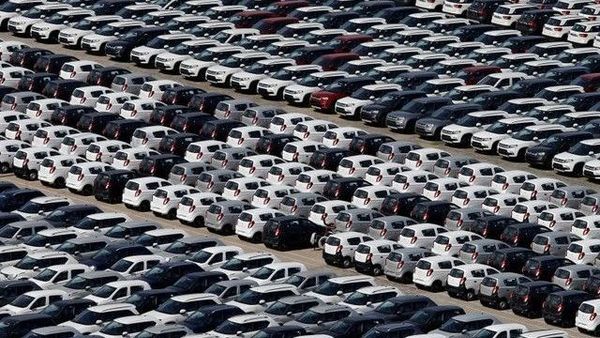

Automakers in India have had one of their most tumultuous years in 2019, with sales volume declining for months on end. Just when it seemed like the base had adjusted to low levels and sales could begin to look up, there are new worries.
If prolonged, the lockdown of Wuhan, one of China’s so-called “motor cities", and other neighbouring ones, housing several automotive plants, threatens to disrupt supply of components to India’s vehicle makers.
Also check these Vehicles
After all, the Indian auto industry is highly dependent on Chinese parts. About 27% of the roughly $17.5 billion worth of component imports into India comes from China, according to rating agency ICRA Ltd.
“The auto industry is largely dependent on a single source for most components or, at best, multiple sources in the same region," says Kavan Mukthyar, partner and leader- automotive at PwC India.
Some global component giants such as Bosch have already sounded alarm bells, given their heavy reliance on China as an exports base. Vinnie Mehta, director general of Automotive Component Manufacturers Association of India, says, “Even if vehicle manufacturing is adversely impacted due to imports from China indirectly, it would resonate across the whole value chain."
This would exacerbate the slowdown in auto sales.
When the virus outbreak was reported in December, the industry was blasé as most original equipment manufacturers (OEMs) carry component inventory of about four-six weeks. Besides, they had stocked up on components because of closure of factories during the Chinese New Year.
However, the situation is turning grim, with more cities in China downing shutters on factories. This has made auto OEMs in India more watchful. In a release dated 14 February to the stock exchanges, two-wheeler maker Hero Motocorp Ltd said, “The ongoing issue of coronavirus in China has affected the supply of some components to our manufacturing facilities in India. This is likely to impact our planned production by around 10% for the month of February."
A report by Kotak Institutional Equities adds that Hero MotoCorp imports alloy wheels from China, which may get impacted if the situation does not improve in one-two months.
Industry analysts say Chinese imports stretch across the value chain ranging from electronics and electrical parts to fuel injection parts and steering components. Component-wise, the maximum dependence, especially for the two-wheeler and passenger vehicle industry, is in steering systems, braking systems, engine parts and lighting systems.
Truck maker Ashok Leyland Ltd stated in its fiscal third quarter earnings conference call that it has exposure to Chinese supply chains for Bharat Stage (BS) 4 and BS 6 products such as fuel injection pumps.
Shifting to alternative suppliers doesn’t look feasible at the moment as it would be too costly and time-consuming.
“High investments and the gestation period involved in developing tooling remains the key prohibitive factor for an immediate shift to new suppliers," says Shamsher Dewan, vice president and sector head of corporate ratings at ICRA.
To be sure, it is still early to estimate the extent of the impact. A spokesperson of a two-wheeler maker said that for now, the company has sufficient components to continue running its production and sales operations.
There is also a silver lining for some sub-sectors in the component universe. Tyres could be beneficiaries as cheap Chinese imports, which had jeopardized the local industry, would decline. Some metals and commodity suppliers may also gain as imports from China would fall too.
Be that as it may, if the epidemic is not contained in the next couple of weeks, it would adversely hit vehicle production in India. In one sense, the ongoing demand slowdown is a boon. So far in 2020 auto sales have fallen 15% from a year ago.
However, hopes of a revival in domestic auto sales in the second half of FY21 (near the festive season) may be dashed if component supplies are at risk for a prolonged period.







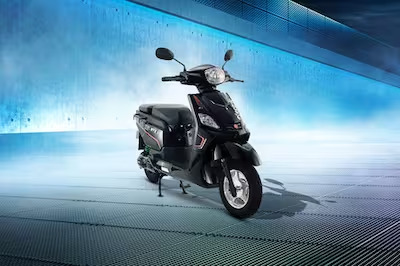
 1.536 kWh
1.536 kWh 130 km
130 km